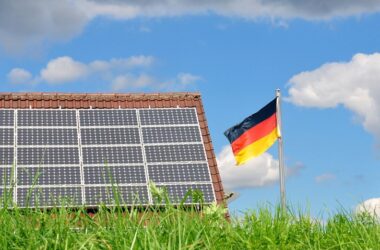The age of great power politics has not – indeed, cannot – pass away.
The EU is bracing itself to deal with the looming threat of U.S. tariffs following President Trump’s announcement that these could be in the works. Specifically, Trump spoke of a possible 10-20% on imports from trading partners, including the EU. This brings up the ever-present potential use of economic protectionism in power-politics and the hollowness of institutional frameworks like the WTO (given that the US commitments would effectively be contravened by the new policy).
The EU is likely to engage in negotiations while signalling support for Global Trade Rules, but the latter is more rhetorical than effective. Per the Bruegel Institute’s recommendations, however, it may be that the new climate incentivizes the bloc to broaden its trade relations and build a more diversified diplomatic architecture. This could include lowering tariffs on imports across the board, including from China, as a means to offset U.S.-imposed tariffs, maintaining market balance.
There is some urgency, then, for the EU to finalize its trade agreements with Mercosur and others. Strengthening trade links with nearby nations like the UK and Switzerland, and the wider neighbourhood, including Central Asian and African countries, would provide stability, as well as wider afield (ASEAN, Indo-Pacific area, and so on). In Africa, in particular, the EU’s new Clean Trade and Industrial Partnerships, outlined by Ursula von der Leyen, aim to boost local value added sectors, encourage European investment, and help diversify supply chains for green technologies, but there is no clear path to substantial economic returns for the bloc at this point.
We should note, however, that Trump’s rhetoric does not always translate into concrete policy, and is often a first move in a negotiation. And yet, there is a sense in which his remarks reinforce the feeling that we are in an era of explicit power-blocs and vassalage, so to speak. The overriding question is whether, for Europe, this ultimately means falling more solidly into the U.S. sphere, such that the U.S. increases the benefit it can extract from trade with the EU, or, ultimately pivoting away into the sphere of another power, like China.




